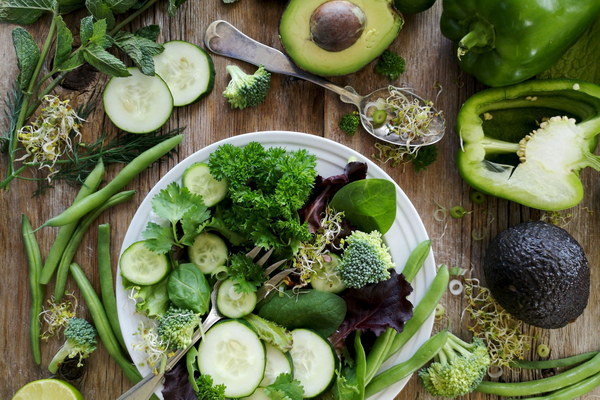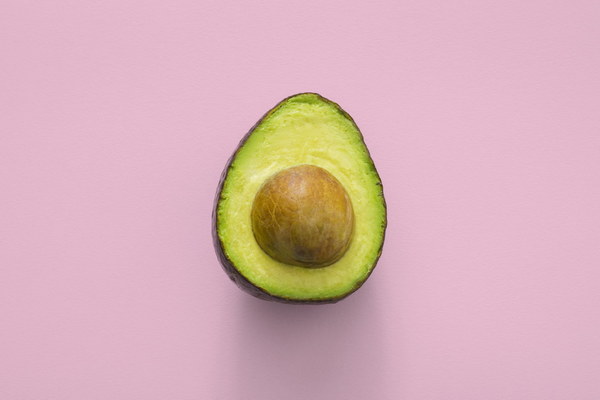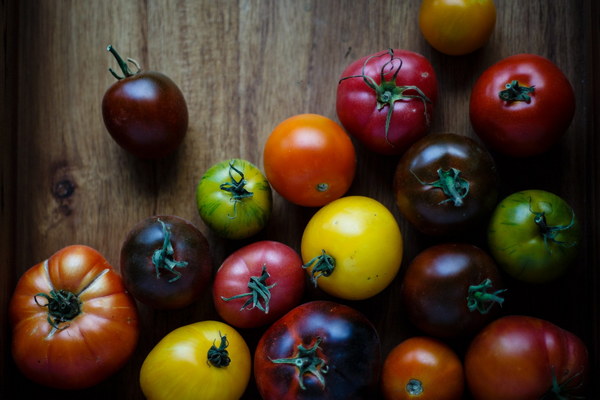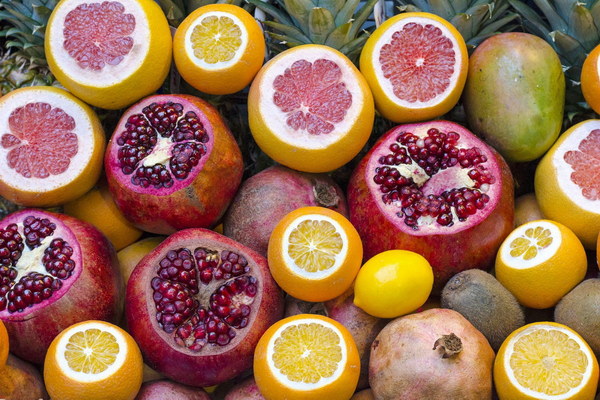Seasonal Eating Nourish Your Body with Nature's Abundance
As the seasons change, so does the body's need for nourishment. The arrival of autumn signals a time of cooler temperatures and shorter days, which can impact our energy levels and overall health. To ensure that we stay healthy and vibrant during this season, it's essential to adjust our diet accordingly. Here's a guide on how to eat well and maintain your well-being during autumn.

1. Embrace the Harvest
Autumn is a time when nature provides an abundance of fresh produce. Take advantage of the harvest season by incorporating a variety of fruits and vegetables into your diet. Pumpkins, apples, and squashes are just a few examples of the nutritious foods that are available during this time.
Pumpkin is rich in beta-carotene, which supports eye health and boosts the immune system. Apples are a great source of fiber, which aids in digestion and can help lower cholesterol levels. Squashes, such as butternut and acorn, offer a variety of vitamins and minerals, including potassium and vitamin C.
2. Stay Hydrated
With cooler temperatures, it's easy to forget about staying hydrated. However, drinking plenty of fluids is still crucial during autumn. Opt for warm beverages like herbal teas, warm lemon water, and broths, which can help to warm your body and soothe your throat.
3. Include warming foods
Autumn is the perfect time to enjoy warming foods that can help boost your metabolism and increase your energy levels. Incorporate ingredients such as garlic, ginger, and turmeric into your meals. These spices have anti-inflammatory properties that can help alleviate cold and flu symptoms, as well as support overall health.
4. Prioritize whole grains
Whole grains are a great way to stay full and energized during the autumn months. Foods like quinoa, brown rice, and whole-wheat bread provide a steady release of energy, thanks to their high fiber content. Adding nuts and seeds to your diet can also help you feel satisfied and provide essential nutrients such as omega-3 fatty acids and magnesium.
5. Consume seasonal fruits and vegetables
In addition to pumpkins and apples, autumn offers a variety of other fruits and vegetables that are perfect for the season. Sweet potatoes are a rich source of beta-carotene and vitamin A, which can help maintain healthy skin and vision. Beets are another excellent choice, offering fiber, folate, and nitrates that can improve blood flow and support heart health.
6. Focus on healthy fats
Healthy fats are essential for maintaining a healthy diet and can help keep you warm during the cooler months. Incorporate avocados, nuts, seeds, and olive oil into your meals to provide a source of energy and support your body's functions. These fats also help to keep your skin hydrated and can reduce inflammation.
7. Avoid processed foods
During the autumn season, it's easy to fall into the trap of consuming processed foods that are high in sugar and fat. These foods can leave you feeling sluggish and may contribute to weight gain and other health issues. Instead, focus on whole, unprocessed foods that will nourish your body and keep you feeling energetic.
In conclusion, autumn is a time to savor the flavors of the season and nourish your body with nature's abundance. By incorporating a variety of seasonal fruits and vegetables, whole grains, and healthy fats, you can support your immune system, maintain your energy levels, and enjoy a vibrant autumn season. Remember to stay hydrated and avoid processed foods, and you'll be well on your way to a healthier, happier autumn.









